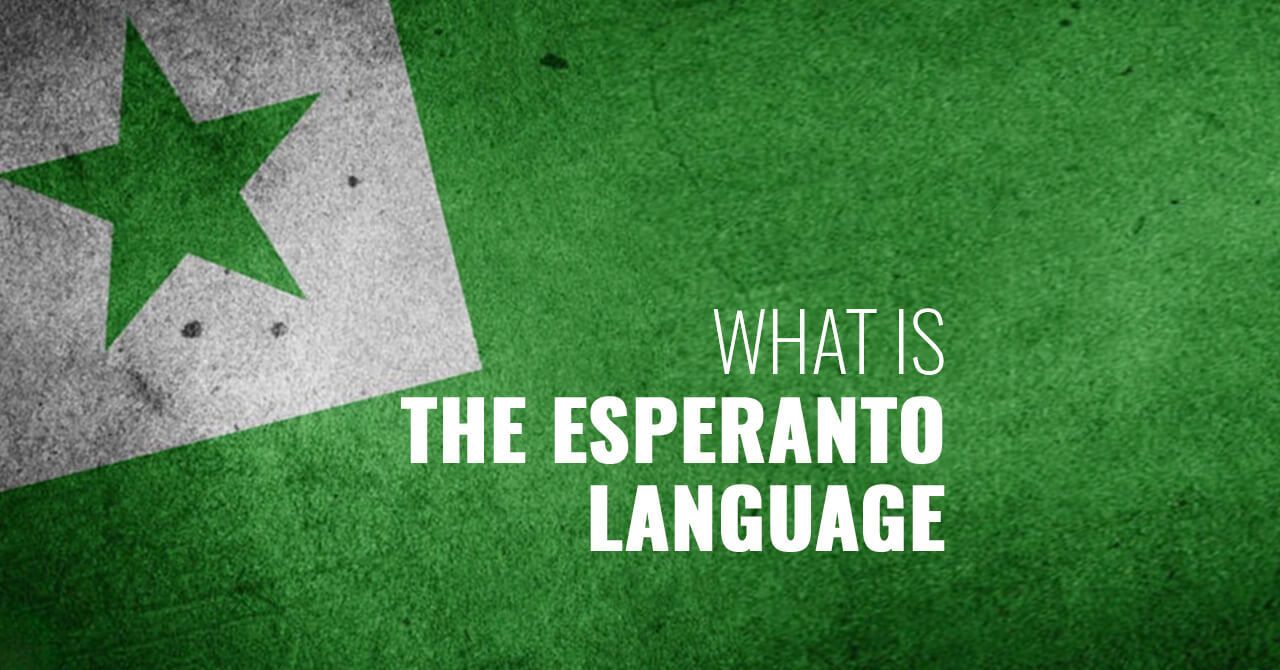
How Was the Esperanto Language Invented? Who Speaks It?
Although it’s far from being widely spoken today, Esperanto is far from dying out. In fact, people are showing interest in this language now more than ever.
You’ve probably heard about the Esperanto language, but do you know how this language was created and for what purpose? As a constructed auxiliary language that almost died after WW2, it’s incredible that some people still speak it as a first language.
Although it’s far from being widely spoken today, Esperanto is far from dying out. In fact, people are showing interest in this language now more than ever.
Here are some of the most important things to know about this language so you can understand it better and appreciate it more. And who knows, you may even start learning it yourself.
What is Esperanto?
Esperanto, meaning “hopeful,” is an artificial language created by the Polish Dr. L.L. Zamenhof. As an auxiliary language, its purpose was to help people from all over the world communicate when they can’t understand each other. This is why Dr. Zamenhof has made it simple so anyone can learn it.
The language has only a few grammatical rules with no exceptions. For example, all Esperanto adjectives end with the letter “a” and all nouns with the letter “o.” The verbs, on the other hand, keep the same form for all tenses, persons, numbers, and moods. This is why it’s so easy to learn it.
The language is based on Latin, but it has influences from German, Polish, English, and Russian. Many people say it sounds partly Italian, partly Spanish, and overall European. This can be considered a flaw, depending on your geographical region. For example, Asian-language speakers can find it more difficult to learn it due to the strong European influence.
Overall, the creator of Esperanto hoped that the language would unite people from all parts of the world. More than 130 years later, it still does.
Where is Esperanto spoken?
Even though Esperanto is not an official language in any country, it is still spoken on all continents of the globe. Being greatly influenced by the European languages, it’s mostly spoken in Europe by people that want to learn an alternate language.
Although the number of people who speak Esperanto is rather small, about 2 million worldwide, it’s more than enough to keep it alive. Most of them are in Brazil, followed by France, the USA, Russia, and Germany.
What’s interesting is that Esperanto is the first language of around 1,000 people, which is impressive for any artificially constructed language.
Who speaks Esperanto?
Esperanto was on its way to becoming the standard international language, just like Dr. Zamenhof and its followers wanted. However, during the WW1, it was abandoned by many people, and after WW2, it was almost a dead language.
Luckily, a few native speakers and enthusiasts have managed to keep it alive. Today, the number of people speaking the language is increasing. While some of them learn it from their parents or family members, others are people who want to be a part of the strong Esperanto community.
Thanks to the internet, Esperanto speakers from all around the world can find and support each other easily. There are plenty of internet chat rooms and radio stations, as well as international meetings. Almost every year since 1905, they gather at the event called Universala Kongreso to discuss and improve the language and, most importantly, to celebrate the community.
Esperanto speakers create art, write poems and books, sing songs, and participate in cultural events made by their predecessors. They actively engage in world congresses, business meetings, and community events, trying to make the language recognizable everywhere.
One of the most famous people that speaks Esperanto as a first language is George Soros, the Hungarian-American philanthropist with a net worth of over $8 billion.
I'm an ESL teacher with over 7 years of experience in providing original content. I really like writing educational articles which may help others learn some aspects of English.

